Togo
Togolese authorities have maintained the internet shutdown as thousands of protesters embark on the second day of demonstrations demanding the revision of the 1992 Constitution.
Wednesday’s internet shutdown was followed by a draft bill passed by the cabinet to modify Article 59 of the constitution which will address the concerns of the protesters including the reintroduction of the presidential term limits.
The move by the government did not affect the planned protest called by the six-party opposition coalition CAP 2015 and the Pan-African National Party (PNP).
The opposition activists believe the decision by the government was a ploy to stall the demonstrations.
According to Togolese activist Farida Nabourema who is tweeting from neighbouring Ghana, text messaging has also been disabled and some of the protesters go to the border where Ghana’s telecommunication networks are accessible to transmit updates of the protest online.
After internet shutdown, text messages have been shutdown today in #Togo on day 2 of revolution. #Fauremustgo #Togoviwofon #Togodebout
— Farida Nabourema (@Farida_N) September 7, 2017
Mohamed Ibn Chambas, the UN Secretary-General’s Special Representative for West Africa and the Sahel paid a visit to Togo for a meeting with Faure Gnassingbe.
J'ai reçu en audience, ce jour, le Dr. Ibn Chambas, Représentant spécial du S. G. des
— Faure E. Gnassingbe (FEGnassingbe) September 7, 2017ONU_frpour l’Afrique de l’ouest et le Sahel. pic.twitter.com/guyiarijbW
No statement has been issued by the regional body Economic Community of West African States which is currently chaired by the Togolese president.
The protesters are also calling for the original two five-year term limit be restored, a two-ballot system, reform of the Constitutional Court and the Electoral Commission.
The demonstrations started last month when thousands of Togolese nationals staged protests in about half a dozen cities around the world including north of the capital Lome where at least seven people were killed in clashes with security forces.
27 people were arrested during the protests and 15 were handed sentences last week ranging between five and nine months by a court in Lome.
President Faure Gnassingbe has been in power since his father Gnassingbe Eyadema died after spending 38 years in office.
In 2005 when Eyadema died of heart attack, Faure, who was a minister at the time was sworn in as acting president by the military instead of the President of the National Assembly.
He resigned a few days later after pressure from the international and regional communities. Faure stood for the disputed 2005 elections months later and won, leading to deadly protests and displacement of thousands of people.
The elections were described as fraudulent by election observer groups.
The protests in 2005 were met with violence by the security forces leaving over a hundred people killed and several opposition members arrested.
Faure Gnassingbe was re-elected in 2010 and in 2015. His mandate ends in 2020 and it is unclear if he will stand again for re-election.





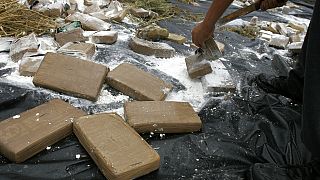

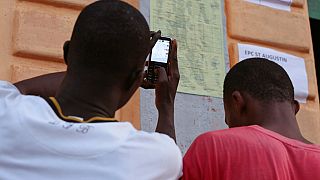
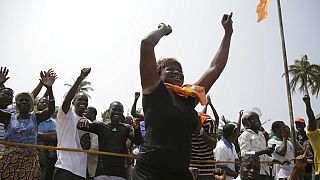
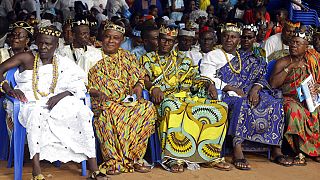
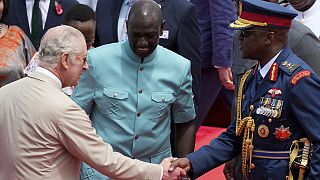

Go to video
How South Africa's former leader Zuma turned on his allies and became a surprise election foe
01:51
Togo: Consultation between MPs and traditional leaders begin over constitutional review
Go to video
Togo: Govt delays Apr. 20 polls, consultations launched in wake of controversial reform
01:22
Senegal: All you need to know about the April 2nd presidential inauguration
Go to video
Togo: After public outcry, President Gnassingbé orders constitutional reform back to parliament